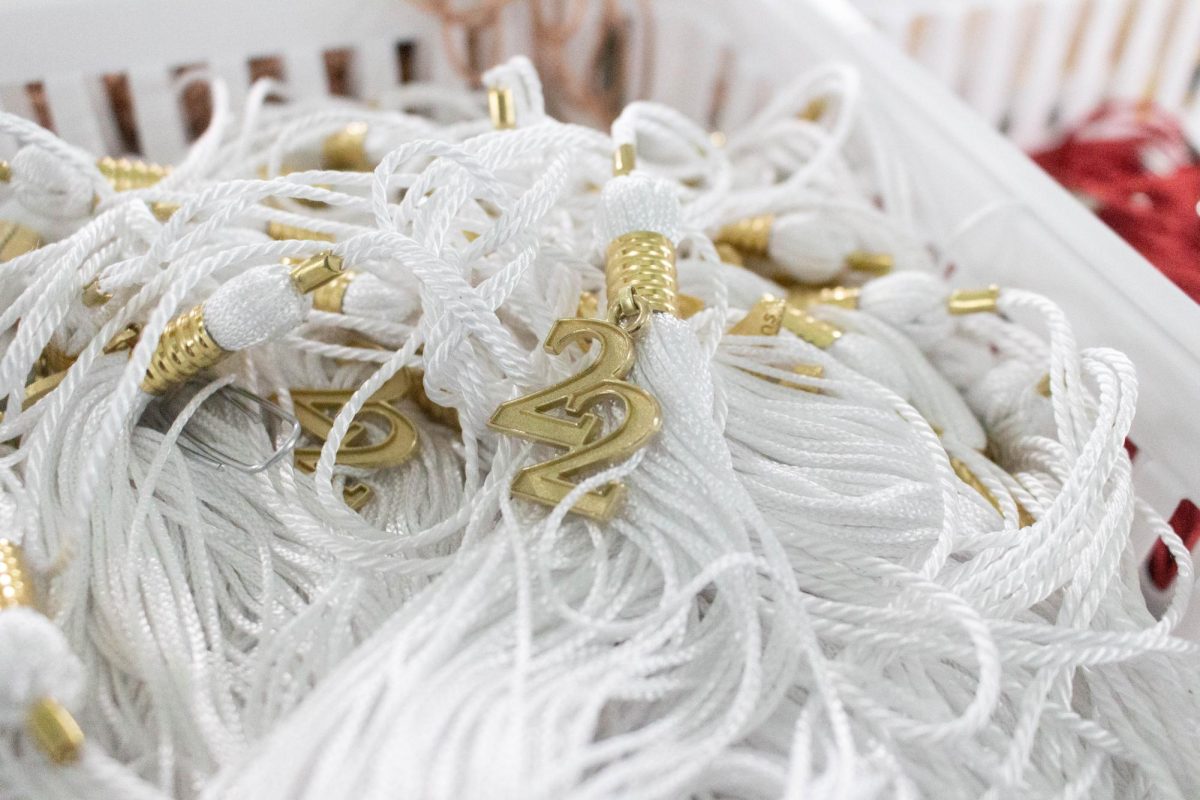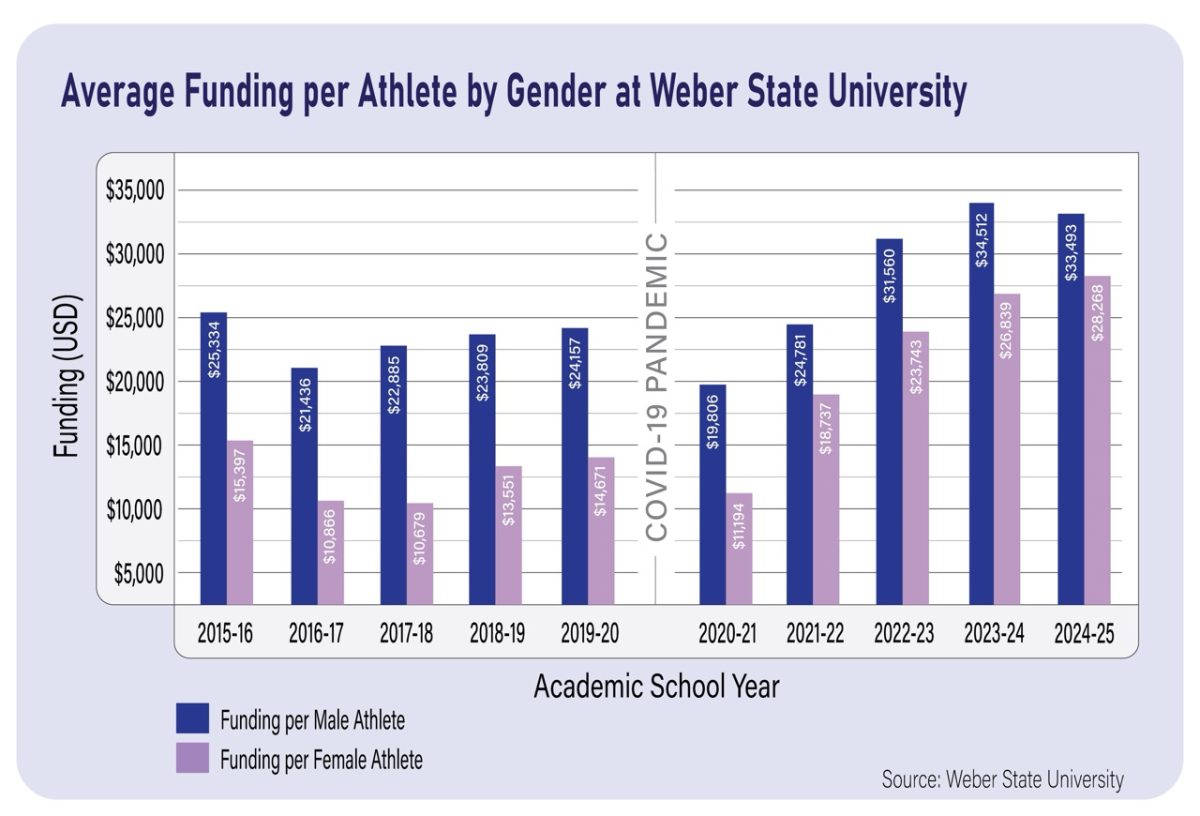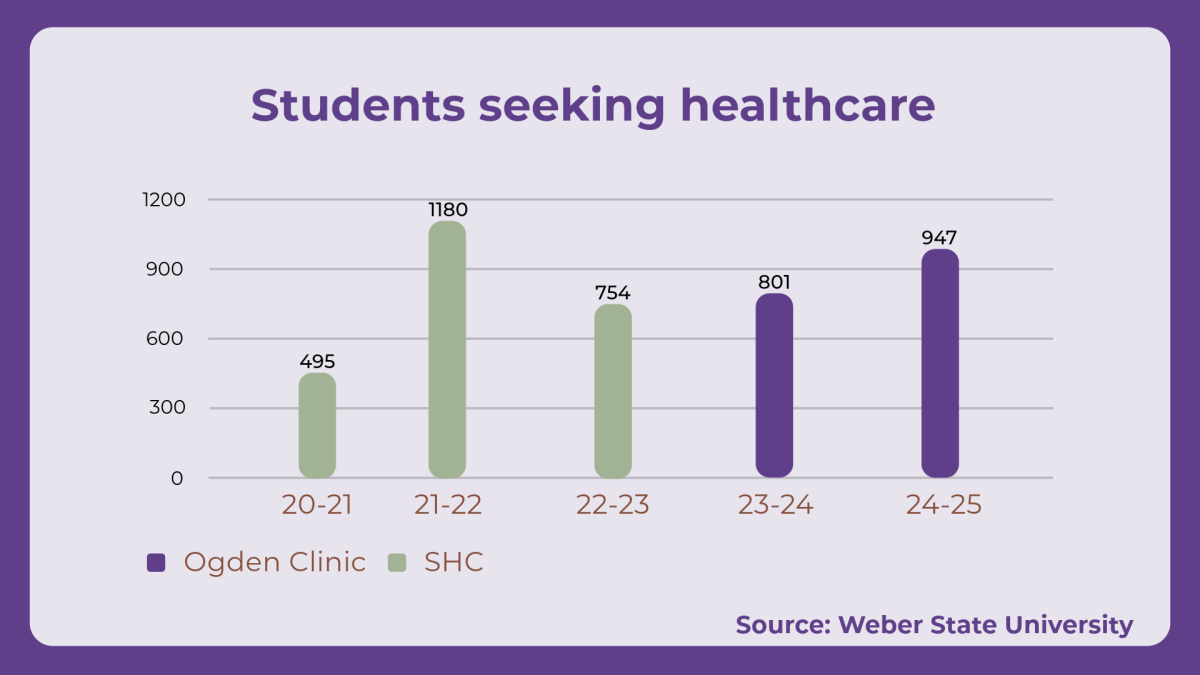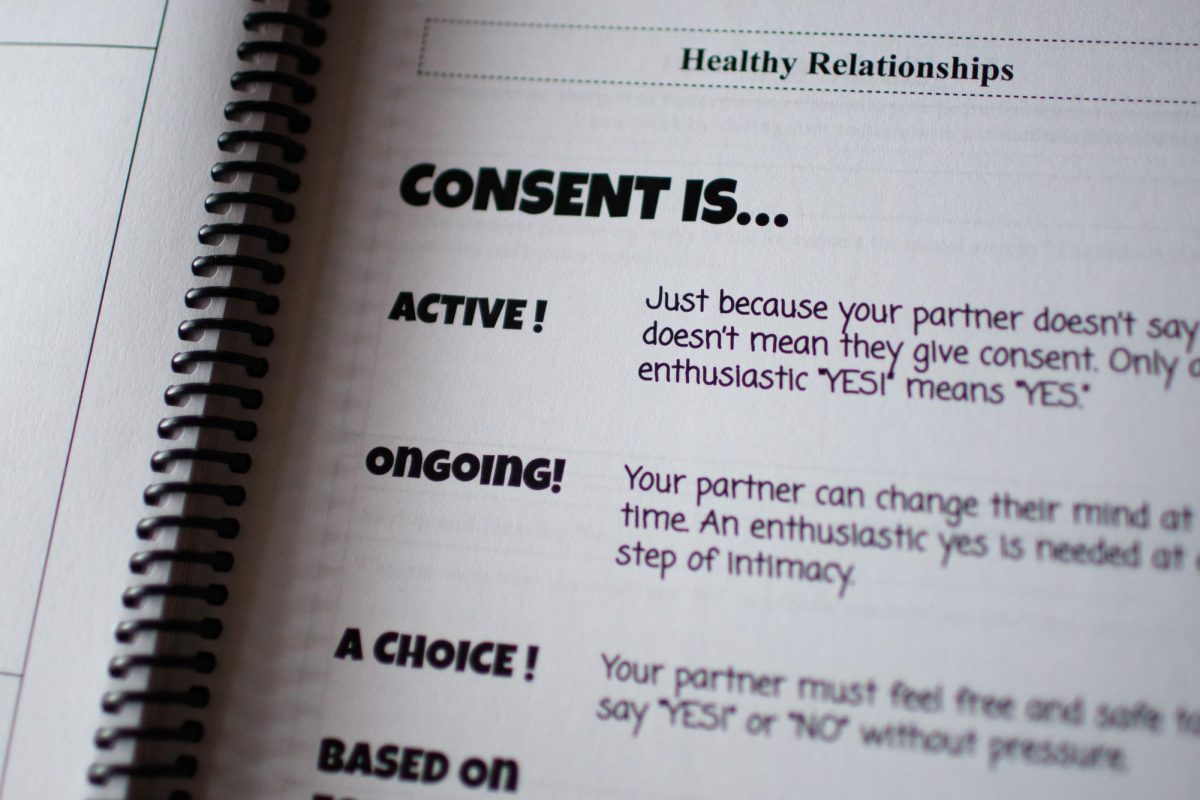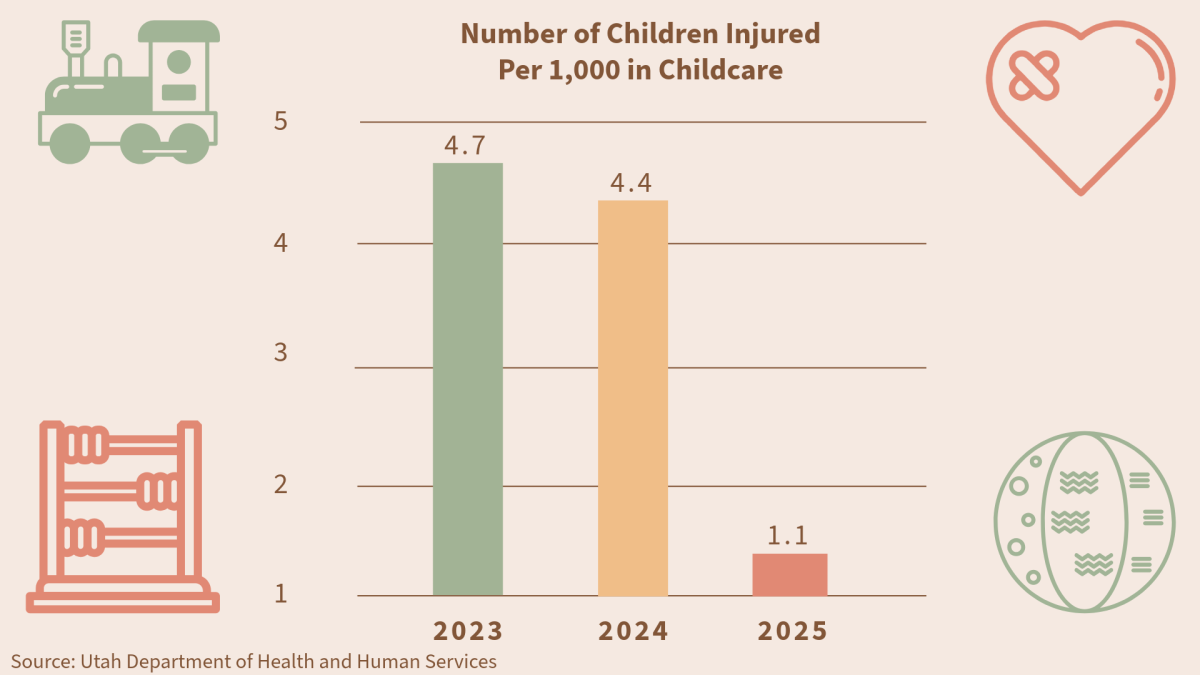Wildcats and community members welcomed guest speaker Melanie Marlowe, of the Carnegie Mellon University Institute for Politics and Strategy, and Leah Murray, of Weber State University’s political science department, on March 22 with a packed room for a Pizza and Politics event hosted by the Olene S. Walker Institute of Politics & Public Service. With standing room only, students lined the walls and walkways to hear the discussion on the use and abuse of executive orders through a constitutional lens.
Marlowe defined and discussed the powers allotted to the executive branch constitutionally, among which was the event’s main topic, executive orders.
Marlowe emphasized the history of executive orders. “I want students to know this isn’t something that started a few months ago with the new president, the building of this power has been a progression,” she said.

“I want students to have a greater understanding and appreciation for the separation of powers,” Marlowe said. “I also want students to know we live in a Madisonian system, and the other branches all have to push back on each other.”
Murray discussed the risk a president runs by overusing the executive orders, as they are more easily overturned than policies that have gone through the legislative process.
Jonathan Guerra attended the discussion to gain a better understanding of the executive order process.
“It was eye-opening to understand all the power the president has. If the president knows how to use it, he could do a lot,” Guerra said.
Cee Cooper, a WSU senior studying criminal justice, said, “This has given me a deeper look at why the executive order was put in place and what it was meant to be used for. I think executive orders are being used to test the nation and used in a way it hasn’t been used before.”
Cooper also commented on the abuse of executive orders.
“Executive orders, if abused, is kind of scary for me,” Cooper said. “The whole structure of our government is to have checks and balances and to have one figurehead abuse the executive order power — it means if the president wants to bypass those checks and balances, he is going to do it.”
Cooper attended the event wary of the discussion becoming politically tense. “I got more out of the Q and A. It is refreshing to see politics being discussed with level heads and people exchanging ideas and disagreeing like adults without becoming aggressive,” Cooper said.

The Walker Institute’s Pizza and Politics events have a history of success. Previous events have had a strong student presence, often leaving standing room only. Carol McNamara, director of the Walker Institute, credits their success and high attendance to their promotion of events and selection of politically relevant topics.
“I am excited to see students and the community excited about the issues,” McNamara said. “The Walker Institute was created as a center for discussion of important ideas on campus and to create a place were students could come and engage in the issues and politics. So whenever I see a room full of students and community members, I get excited because it means the Walker Institute is doing its job on campus.”
Murray was pleased about the student discourse and the manner disagreements were handled during the Q and A portion. “What I hope students left with was a better understanding of how to have civil discourse around political issues,” Murray said. “I hope students come to Pizza and Politics and learn how to have this conversation and agree or disagree with each other without becoming impassioned.”
Murray emphasized the importance of civil discourse. “What we get taught too often is not to talk about politics or religion, and that’s not really a way to run a country,” Murray said. “Citizens should be engaged and be able to talk about the issues. I love that Walker Institute is providing an opportunity for students to do that with hot topics.”













